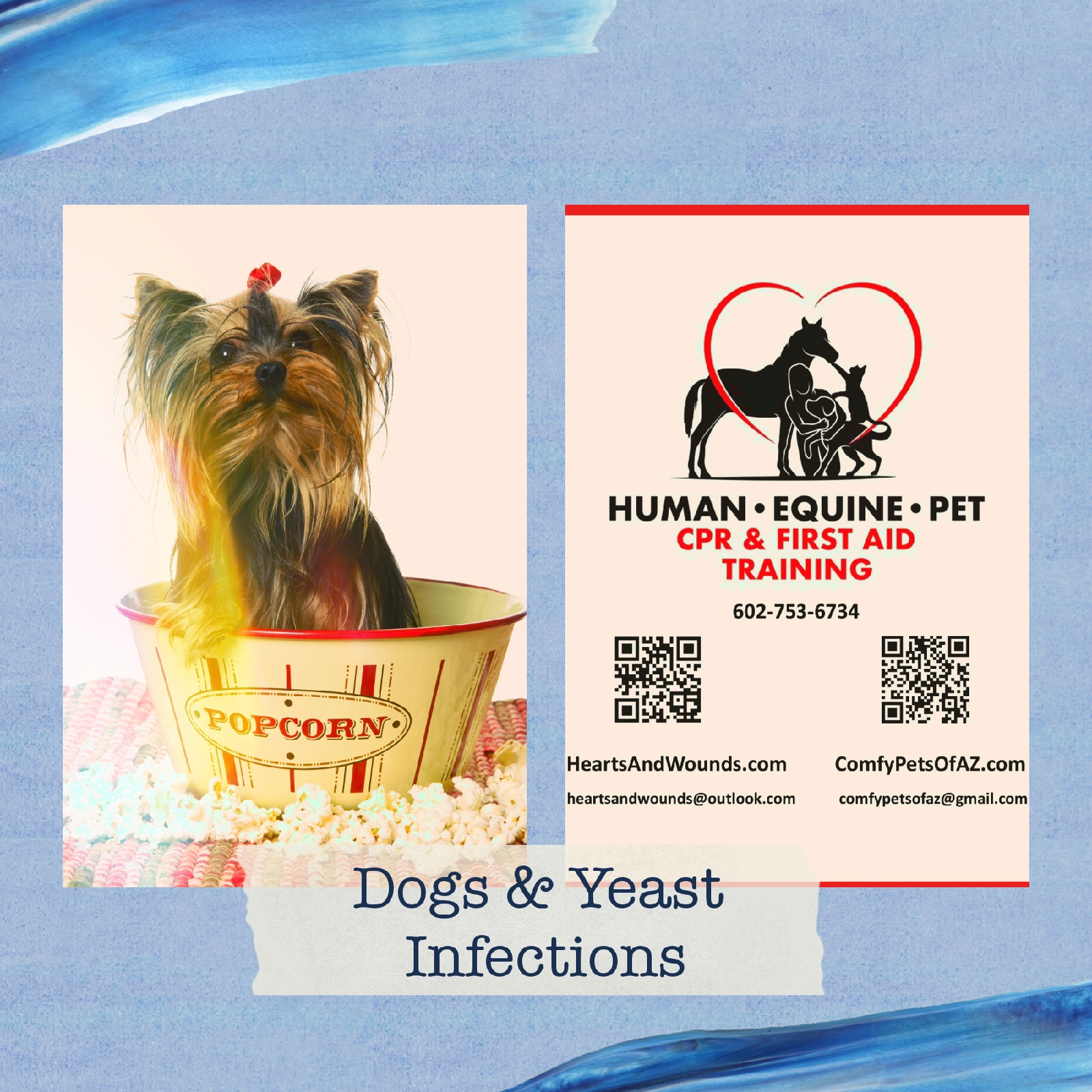Have you ever wondered why your dog’s paws smell like popcorn? This phenomenon, called “Frito feet,” occurs due to natural bacteria like Proteus and Pseudomonas on their paw pads. These bacteria produce a yeast-like odor resembling corn chips. It’s harmless unless paired with redness, swelling, or excessive licking. How do I know if my dog has a yeast infection?
Signs & Symptoms:
● a sweet or musty smell in the ears
● itchy skin
● skin rashes
● hair loss
● scratching or digging at their ears
● shaking their head excessively
● compulsively licking their paws.
● redness of paws or ears
● thickening of the skin
● brown discharge, especially in the ears or paws.
● Gastrointestinal issues: Diarrhea, vomiting, and loss of appetite may occur if the yeast overgrowth is affecting the gut.
What causes a yeast infection in dogs:
● Allergies, including food allergies, environmental allergens (pollen, dust mites, etc.), and flea allergies, can weaken the skin's natural barrier, making it more susceptible to yeast overgrowth.
● Immune System Issues: dogs with a weakened immune system due to disease or immunosuppressive medications (like corticosteroids) are more prone to yeast infections.
● If your dog has conditions like hypothyroidism can also weaken the immune system and contribute to yeast infections.
● Excess Moisture: trapped moisture in skin folds, ears, or paws can create a breeding ground for yeast.
● Poor Hygiene: frequent bathing, especially in dogs with sensitive skin, can disrupt the natural skin balance and promote yeast growth.
● Certain medications, such as antibiotics can disrupt the natural bacterial balance in the gut and on the skin, allowing yeast to thrive.
● Heat and Humidity: humid environments can also contribute to yeast overgrowth.
● Dietary Factors: High Sugar and Carbohydrate Intake: Foods high in sugar and carbohydrates can provide fuel for yeast growth. A diet lacking in essential nutrients can weaken the immune system and make a dog more susceptible to yeast infections.
Treatment:
Treating your dog for yeast infections typically involves antifungal medications, which can be administered topically or orally. Topical treatments, such as antifungal shampoos or creams, are often used for mild cases, while oral medications like ketoconazole or fluconazole may be prescribed for more severe or widespread infections. Veterinarians may also recommend anti-inflammatory medications to manage itching and discomfort.
Always have on hand:
● Your veterinarian phone #
● Two important Poison Control Hotline numbers you need to have program in your phone:
Human: 800-222-1222
Animal: ASPCA 24/7 Poison Control Hotline at 888-426-4435 or the Pet Poison Helpline at 855-764-7661.
● 3% Hydrogen Peroxide (when you are told by your vet or PC to induce vomiting)
#1 RULE: Safety Always
My name is Teri Ann, and I offer Human * Equine * Pet CPR & First Aid Training. I am a former EMT, WEMT, and attended the EAMT Academy through the AZ Humane Society & have been teaching over 14 years.
Learn lifesaving skills by becoming the First Responder for humans and animals...you just may save a life!
Give me a call at 602-753-6734 or check out my websites:
http://www.comfypetsofaz.com
http://www.heartsandwounds.com


